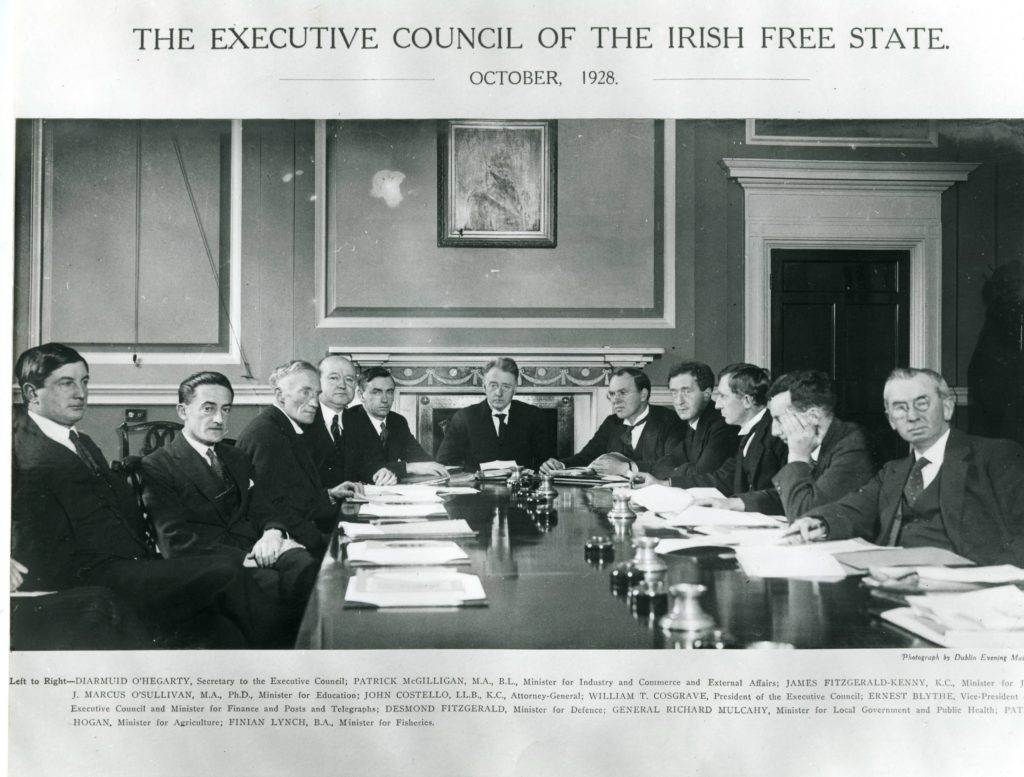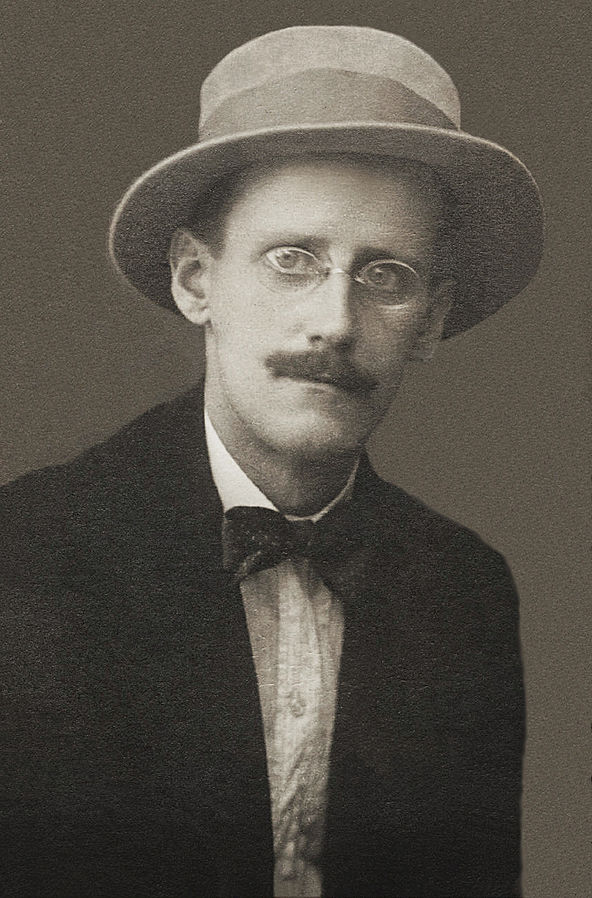
In a June 2020 post for Contending Modernities, Santiago Slabodsky made a thesis elegant in its simplicity: “Not Every Radical Philosophy is Decolonial.” Introducing his overarching argument through an analysis of The Battle of Algiers, the 1966 classic radical film on Algerian decolonization, Slabodsky makes the insightful claim that within the logic of this cinematic work, “Europe contains the proposal and its dissent while the underside is invisibilized,” with that “underside” being Europe’s colonized. In the anti-colonial (but not decolonial) The Battle of Algiers the actual voices of “the native Arab/Berber resisters . . . are rapidly silenced by legitimized voices.” Whereas radical anti-colonialism is the critique and subversion of colonial power, decolonization is the communal recuperation of power, land, and agency by the colonized—something that is not accomplished in The Battle of Algiers, Slabodsky argues, insofar as the colonized are never substantially granted a voice in the movie’s critique of the colonizer.
Slabodsky’s claim is reflected more broadly in Eve Tuck and K. Wayne Yang’s, “Decolonization Is Not a Metaphor.” Tuck and Yang insist on the conceptual specificity of decolonization: “Decolonization, which we assert is a distinct project from other civil and human rights-based social justice projects, is far too often subsumed into the directives of these projects” (2). In contrast to other social justice concerns, decolonization for Tuck and Yang is “the repatriation of land simultaneous to the recognition of how land and relations to land have always already been differently understood and enacted” (7). Both Slabodsky’s claim that “not every radical philosophy is decolonial” and Tuck and Yang’s claim that “decolonization is not a metonym for social justice” (21) effectively distinguish decolonization from other radical struggles and philosophies of social justice.
Yet one should also ask: Does the converse also hold true? If not all social justice philosophies are decolonial, then might it be that not all decolonial thinking necessarily integrates the demands of those other social justice philosophies? Reworking Slabodsky’s claim, I suggest, one should also say that not every decolonial philosophy is radical. In other words, the decolonization of the mind—defined by Ngũgĩ wa Thiong’o as the “struggle” of the colonized “to seize back their creative initiative in history through a real control of all the means of communal self-definition” (4), a struggle that is accomplished by re-empowering Indigenous philosophies—does not necessarily accomplish many of the tasks of radical philosophy being explored on a planetary scale. Here, I understand “philosophy” in its colloquial sense as a framework and system of thinking, and therefore inclusive of theology, political ideology, language, and so on.
To clarify this claim I want to explore one specific example in this post: early twentieth-century Ireland’s hegemonic decolonial Catholic philosophy. This philosophy helped mobilize a nation against colonial occupation and subsequently shaped the postcolonial sociality of the Irish Free State. But it was anything but radical. It was patriarchal, at times anti-Semitic, and based on rigid social hierarchies.
Decolonial James Joyce and Dissenting from the Irish Free State
James Joyce was well aware of this. Late twentieth-century and postmillennial reassessments of his work like those by Maria Tymoczko, Michael Rubenstein, and Enda Duffy have noted that Ulysses, his 1922 modern retelling of Homer’s Odyssey set in 1904 Dublin, was published almost conterminously with Irish decolonization, a historical event that the novel subtly (though undeniably) supports. Many likely initially approached these decolonial readings with skepticism due to Joyce having willfully exiled himself from Ireland, going so far as to refuse applying for an Irish passport after decolonization. In 1909 he even said that he “loathe[d] Ireland and the Irish.” There was apparently no love lost, as is evident in that fact that the free Irish government refused Joyce’s wife’s offer “to permit the repatriation of [the author’s] remains” after his death.
Perhaps most significantly, however, is Joyce’s lifelong rejection of Catholicism, a stance widely noted dating back to Richard Ellmann’s canonical biography of the writer and discussed in regards to Joyce’s literary work by Chrissie Van Mierlo. The issue at hand, as John Coakley argues, is that by the end of the nineteenth century there had been a conflation of Irish and Catholic identities; belonging to the (colonizing) British or (colonized) Irish community was largely articulated in terms of one’s faith. Indeed, in the nineteenth century, “[the Irish language] word Sasanach (which today means simply ‘English’) was understood also to mean (Anglican) Protestant” (98). Joyce’s rejection of Catholicism was likely perceived as a rejection of Irish belonging.
Catholicism would seep into the very organizational structure of much decolonial Irish politics. For example, Senia Pašeta notes that in the early nineteenth century the Irish activist, Daniel O’Connell, created the Catholic Association, a political organization fighting for Catholic Emancipation whose dues were gathered by priests during Sunday mass (22–23). Moreover, although frequently challenged by their congregations, as Cara Delay has argued, the Catholic priest through the era of decolonization was a powerful hegemonic figure in Irish politics. As Coakley cites David Miller, by the 1930s the Catholic Church had “made the Irish political system serve her interests with consummate skill and determination” (107).

Yet, while recognizing the disjunction between Joyce’s lack of allegiance to Catholicism and hegemonic decolonial Irish politics’ symbiosis with Catholic philosophy, we should also note that Joyce also maintained ideological consistency throughout his life with regards to another element of Irish political reality: British colonial occupation of Ireland was unequivocally unjustifiable. As one of the protagonists of Ulysses, the 22-year-old Irish intellectual, Stephen Dedalus, says when describing his life under colonial occupation: “History . . . is a nightmare from which I am trying to awake” (34).
This anti-colonial position is expressed in Ulysses when Joyce compares Penelope’s suitors in Homer’s Odyssey, who greedily consume the riches and labor of Ithaca, to an Englishman, Haines, who lives rent-free in the home of Stephen Dedalus. Indeed, after thinking to himself, “He [Haines] wants the key. It is mine. I paid the rent” (20), Dedalus announces to Haines that as an Irishman he is forced to be the “servant of two masters . . . [t]he Imperial British state . . . and the holy Roman catholic and apostolic church” (20). It could not be clearer: Joyce opposed both Catholicism’s stronghold on Ireland as well as British colonialism.
It should therefore be unsurprising that Joyce, at least at times, fiercely opposed the conservative collaborative ties between the Catholic Church and the Irish Free State. As quoted by Van Mierlo, his friend, Arthur Power, even remembers Joyce having said at one time, “Now I hear since the Free State came in there is less freedom. The Church has made inroads everywhere . . . and I do not see much hope for us intellectually” (Van Mierlo, 71). Joyce critiqued the conservative union forged between the politics of the Irish Free State and the hegemonic Catholic philosophy that underpinned decolonized Ireland’s communal self-definition.
Joyce was not without reason for making this critique. As Caitriona Beaumont has shown, within only a few years of postcolonial Ireland’s existence hegemonic Catholicism was already insisting on repressive patriarchal measures to limit women’s autonomy. For instance, a 1932 marriage bar “prevented women teachers, and later female civil servants, working after marriage” (573). By the time a new draft constitution was written in 1937, citizenship for women had been redefined “solely in terms of her function as wife and mother” (563).
The rejection of women’s autonomy was not the only limitation of the partnership between Catholicism and the Irish Free State. While the identification of Irishness with Catholicism principally served to cohere a decolonial national identity and philosophy in contrast to British Protestantism, this binary ignores that not all Irish were Catholic. To give just one example, Cormac Ó Gráda has extensively documented the lives of Jewish communities and individuals throughout Ireland during the early twentieth century. Catherine Heszer has particularly argued that there was a consistent tension between Catholic and Jewish Irish, with some Irish Jews, like writer David Marcus, expressing that their Jewish identity prevented them “from feeling like a full-fledged Irishman” (163).
While the identification of Irishness with Catholicism principally served to cohere a decolonial national identity and philosophy in contrast to British Protestantism, this binary ignores that not all Irish were Catholic.
This social marginalization of Jewish Irish people at times boiled over into explicit anti-Semitic violence that drew on conservative Catholic theology. Often unmentioned in scholarly literature on Ulysses is the fact that the novel takes place in the midst of what has been called the Limerick Pogrom or Boycott, a phenomenon analyzed by Dermot Keogh in which a Catholic priest, John Creagh, catalyzed a boycott of Jewish-run businesses since, when he stated, “the Jews have proved themselves to be the enemies of every country in Europe, and every nation had to defend itself against them. . . . Let us defend ourselves before their heels are too firmly planted upon our necks” (36).
This tension between Jewish identity and Irish belonging is registered in Ulysses with one of the protagonists of Ulysses, Leopold Bloom, being seen as “not Irish enough” (700), to quote Bloom’s wife, because he was often identified as Jewish by fellow Dubliners (Marilyn Reizbaum extensively shows that his own relationship to his Jewishness is difficult to parse out). As Neil Levi, Margot Norris, and I, among many others, have discussed, Joyce’s Ulysses is an explicit attack against modern anti-Semitism and its relationship to Irish decolonization.
Moreover, against the perception of Jews being “not Irish enough” and despite discussing how “creed” can serve as a “separating force” between Catholic and Jewish Irish (630), Ulysses addresses how “points of contact existed between these languages and between the peoples who spoke them” (641). As Maria Tymoczko argues more extensively, the novel explicitly and affirmatively supports religious and international pluralism within a liberated Ireland. Tymoczko even identifies the mythical medieval Irish collection, The Book of Invasions, as the literary model for Joyce’s decolonial image of “old Ireland becoming renewed” (49), an imagined Ireland that, she continues, is populated by Jews, Greeks, Irish mythical beings, and Spaniards, among others. Joyce’s decolonial vision was explicitly intercultural, interreligious, and international.
For a Radical Decolonization
Joyce is therefore consistent: absolutely and without hesitation favoring Irish self-determination and decolonization, he nonetheless abhors how the politics of Irish Free State was predicated on a conservative Catholic philosophy. Yes, not every radical philosophy is decolonial. But, as decolonized Ireland demonstrates, not every decolonial philosophy is radical. Even many decolonial Irish Catholics would likely have agreed that they were not radicals, with Kevin O’Higgins famously describing his group of Irish decolonizers as, “the most conservative-minded revolutionaries that ever put through a successful revolution.”[1]
What Joyce illuminates is the following: there is no justice without decolonization, but decolonization alone does not sufficiently guarantee justice. In other words, a reading of Joyce articulates the following: hegemonic decolonial Irish Catholicism enabled rigid social hierarchies, patriarchal repression of women, and at times anti-Semitism, but none of these conservative, ill-begotten, repressive cultural and political positions justify the brutalities of colonialism or the stripping of the right for collective self-determination.
Acknowledgment: The author would like to acknowledge and thank Santiago Slabodsky, with whom he had a stimulating virtual discussion about his piece for Contending Modernities prior to writing this post.
[1] Jason Knirck cites, contextualizes, and complicates this quote. The conservative reputation of postcolonial Ireland has been additionally challenged by Andrew Kincaid.


Thanks for this careful and (for the most part) persuasive analysis. While I am no expert in “radical” or decolonial philosophy, it seems to me that the principle, “not every decolonial philosophy is radical,” is proven likewise by the many Islamist movements with decolonial aims.